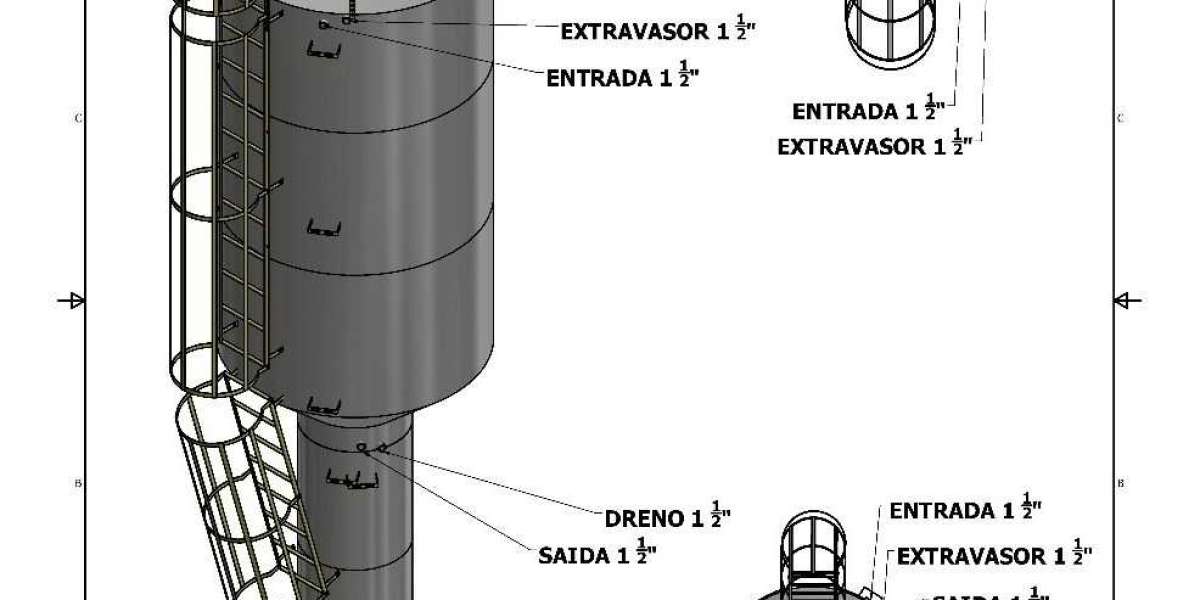As we age, our healthcare needs become more complex, and it’s essential to find a specialist who understands the unique challenges of senior health. A geriatrician is a medical doctor who specializes in the care of older adults, addressing the physical, emotional, and social aspects of aging. If you or a loved one are approaching their senior years, finding the right geriatrician can make all the difference in ensuring quality care and maintaining an optimal quality of life.
When seeking a geriatrician in your area, it's crucial to start by understanding what a geriatrician does and how they differ from other medical professionals. Geriatricians are trained to diagnose and manage multiple health conditions that often arise as people age, such as chronic diseases, cognitive decline, mobility issues, and the need for specialized therapies.
1. Seek Recommendations from Trusted Sources
The best place to begin your search for a geriatrician is by asking for recommendations. This could include your primary care doctor, family members, or friends who have experience with healthcare for seniors. Word-of-mouth recommendations are valuable because they can provide insight into the doctor’s bedside manner, experience, and overall effectiveness in senior care.
2. Check Qualifications and Experience
Once you have a list of potential geriatricians, take the time to verify their qualifications. Check their medical licenses, certifications, and any additional training in geriatrics. Ideally, a geriatrician should have board certification in geriatric medicine, which ensures that they have specialized knowledge in treating older adults. You can also look up their experience with specific health conditions that may be relevant to your or your loved one’s needs, such as Alzheimer's disease, osteoporosis, or heart disease.
3. Consider Location and Availability
The proximity of the geriatrician’s office to your home or your loved one’s residence can be an important factor. Aging adults may face mobility issues, so it’s essential to choose a geriatrician whose office is easy to access. Additionally, you should consider the availability of the doctor. Are they accepting new patients? What is their availability like for appointments, especially if urgent care is needed?
4. Evaluate the Practice’s Approach to Senior Care
Every geriatrician will have a different approach to care. It’s important to find one who aligns with your philosophy of healthcare. Some geriatricians emphasize medication management and specialized treatments, while others may place a strong focus on lifestyle changes, mental health, and preventative care. During your initial consultation, ask about their approach to aging and how they plan to manage your loved one’s specific health needs.
5. Assess the Office Environment and Staff
The office environment can give you a good indication of the type of care you or your loved one can expect. A well-organized, accessible office with friendly staff is a positive sign. Ensure that the office is comfortable for seniors, with proper seating and accommodations for those with mobility challenges. A warm, welcoming environment can make all the difference in creating a positive healthcare experience.
6. Communication and Comfort
Effective communication is key to any successful doctor-patient relationship. Ensure that the geriatrician listens carefully to concerns, answers questions thoughtfully, and involves patients and their families in the decision-making process. Feeling comfortable with your healthcare provider is crucial, as it fosters trust and encourages open discussions about health concerns.
7. Evaluate Reviews and Patient Feedback
Online reviews and patient testimonials can be helpful in learning about a geriatrician’s reputation. While reviews should be considered with caution, they can give you insight into other patients’ experiences and whether they felt the care was effective and compassionate. Look for patterns in feedback, such as how well the doctor communicates, the quality of care, and the efficiency of the office.
Finding the right geriatrician is an essential step in ensuring your loved ones receive the best possible care as they age. By considering the factors above, you can identify a healthcare provider who will support your senior family members through the various challenges of aging.
In conclusion, finding the best healthcare for aging loved ones starts with finding a geriatrician near me who has the experience, skills, and compassion necessary to meet the unique needs of seniors.








